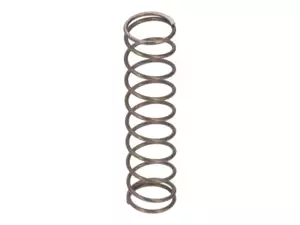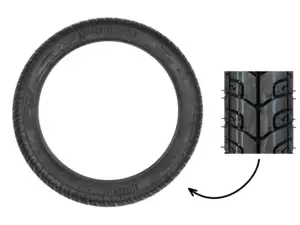
CILO
Cilo: the Swiss experts for bicycles and mopeds

The Swiss company Cilo became internationally renowned primarily for its first-class bicycles. But every moped enthusiast and every moped lover must of course immediately think of the equally first-class Cilo mopeds when they hear the manufacturer's name. During the golden age of the moped boom in the 1960s, 70s and into the 80s, the moped models from this manufacturer had a significant impact on the street scene. The company's designers developed some gems that are still unforgotten today. We take a closer look at the manufacturer and its most popular models.
| Seat |  |
| Status | |
| Foundation | 1914 |

A Swiss success story
The founder of the manufacturer Cilo, Charles Jan, initially worked as an importer of cars and motorbikes. Among other things, he ensured that Switzerland was supplied with Studebaker and Volkswagen cars as well as Royal Enfield motorbikes. However, he soon discovered that his real love was the bicycle. From 1914, bicycles for racing were therefore produced in Romanel-sur-Lausanne. Incidentally, the brand name is made up of the initials of the company founder and the first letters of Lausanne and Oron: Cycles Jean Lausanne-Oron. Only because the ‘J’ in this constellation of letters proved to be a little awkward to pronounce, Charles Jan quickly replaced it with an ‘I’, which ultimately became the well-known name Cilo.

Hutchinson tire 2.50 x 16" Spherus
Manufacturer: Hutchinson · Tire width [inch]: 2.5 " · Tire width [mm]: 63.5 · Width [inch]: 2 1/2 · Wheel size [inch]: 16 " · Old designation: 20 x 2.5 · Speed index: B = 50 km/h · Load capacity index: 42 = 150 kg · Profile type: Spherus · Tire type: Allround · White wall: No · Tubeless (yes/no): Tubetype TT (requires hose)
57,10 EUR
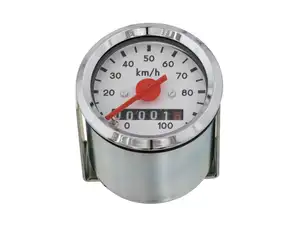
Speedometer 100 km/h Ø 48 mm (white dial)
Manufacturer: Made in Germany · Surface: chrome-plated · Color: Chrome · Color: red · Color: white · Maximum speed: 10 Km/h · Lighting: Light slit · 4-edge speedometer cable: 2 mm · Thread type: MF10x1 (fine pitch thread) · Ø Receptacle: 48 mm · Depth: 50 mm
80,00 EUR

Hutchinson 2.00 x 16" tires Vroom Allround
Manufacturer: Hutchinson · Tire width [inch]: 2 " · Width [inch]: 2 · Wheel size [inch]: 16 " · Old designation: 20 x 2 · Speed index: B = 50 km/h · Load capacity index: 24 = 90 kg · Profile type: Vroom · Tire type: Allround · Color: black · White wall: No · Tubeless (yes/no): Tubetype TT (requires hose)
45,70 EUR
62,50 EUR
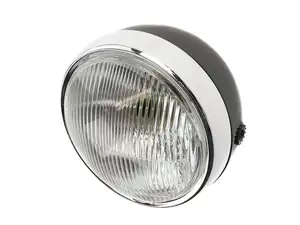
Headlight CEV Typo 105 (black)
Housing material: Metal · Surface: chrome-plated · Color: black · Color: orange · Color: white · Bulb holder: BA15d · Speedometer recording: None · Switch included: No · Battery operated: No · Ø outside: 130 mm · Width: 132 mm · Depth: 100 mm · Mounting type: Screws · Number of fixing points: 2 pcs
102,90 EUR
Not in stock
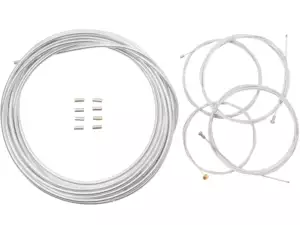
Manual chrome cable set
Material: Steel · Color: Chrome · Quantity: 4 pcs · Ø Stranded wire: 1.2 mm · Ø Stranded wire: 1.25 mm · Ø Stranded wire: 1.5 mm · Ø Stranded wire: 1.8 mm · Total length: 2200 mm · Outer shell length: 6000 mm · Nipple shape: Barrel (transverse) · Nipple shape: Cylinder · Nipple shape: Pears
34,20 EUR
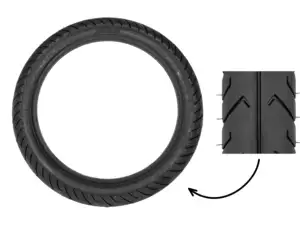
Mitas 2.75 x 16" MC2 semi-slick tires
Manufacturer: Mitas · Tire width [inch]: 2.75 " · Width [inch]: 2 3/4 · Wheel size [inch]: 16 " · Old designation: 20 x 2.75 · Speed index: J = 100 km/h · Load capacity index: 46 = 170 kg · Profile type: MC2 · Tire type: Semi-slick · Color: black · White wall: No · Tubeless (yes/no): Tubeless TL (tubeless insert) · Tubeless (yes/no): Tubetype TT (requires hose)
57,10 EUR
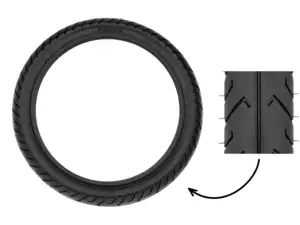
Mitas 2.50 x 16" MC2 semi-slick tires
Manufacturer: Mitas · Tire width [inch]: 2.5 " · Width [inch]: 2 1/2 · Wheel size [inch]: 16 " · Old designation: 20 x 2.5 · Speed index: J = 100 km/h · Load capacity index: 42 = 150 kg · Profile type: MC2 · Tire type: Semi-slick · Color: black · White wall: No · Tubeless (yes/no): Tubeless TL (tubeless insert) · Tubeless (yes/no): Tubetype TT (requires hose)
53,70 EUR
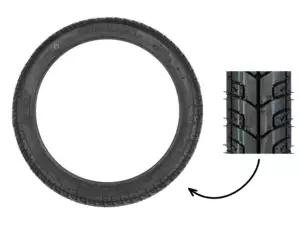
Hutchinson 2.25 x 16" Spherus Allround tires
Manufacturer: Hutchinson · Tire width [inch]: 2.25 " · Width [inch]: 2 1/4 · Wheel size [inch]: 16 " · Old designation: 20 x 2.25 · Speed index: B = 50 km/h · Load capacity index: 38 = 132 kg · Profile type: Spherus · Tire type: Allround · Color: black · White wall: No · Tubeless (yes/no): Tubetype TT (requires hose)
51,40 EUR
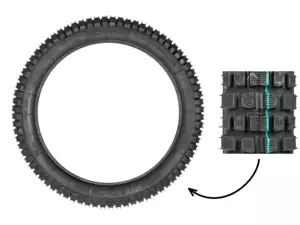
Heidenau 2.75 x 16" tires K46 lugs
Manufacturer: Heidenau · Tire width [inch]: 2.75 " · Width [inch]: 2 3/4 · Wheel size [inch]: 16 " · Old designation: 20 x 2.75 · Speed index: B = 50 km/h · Load capacity index: 36 = 125 kg · Profile type: K46 · Tire type: Stollen · Color: black · White wall: No · Tubeless (yes/no): Tubetype TT (requires hose)
62,90 EUR
Page 1 of 26
Early successes in cycle racing
After just a few years, the manufacturer's bicycles gained an excellent reputation. Professional racing cyclists in particular appreciated the outstanding quality of the company's bicycles. For example, the famous racing cyclist Hans Knecht triumphed at the Road World Championships in 1946 with a bike from the Swiss manufacturer. As a result, more and more professional and amateur cyclists came to rely on the high-quality bicycles from Lausanne.
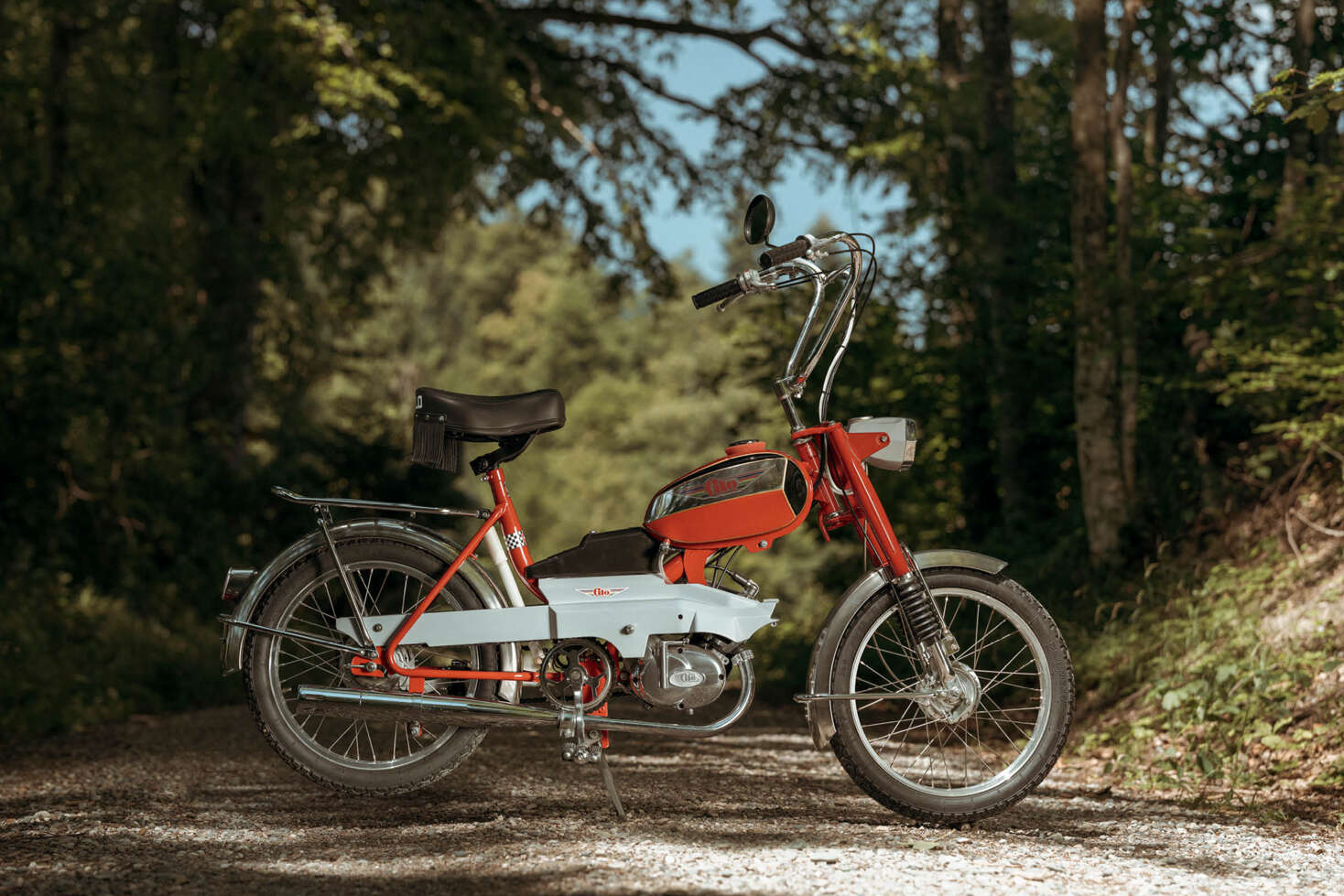
Start of motorbike production
After the Swiss manufacturer's bicycles had already achieved numerous successes in international bicycle racing, the company began to expand its product range in the 1950s to include motorised mopeds. Initially, the focus was on motorised bicycles. However, in the 1960s, the moped began its triumphal march throughout Europe, so that mopeds also began to be produced in Lausanne. Real classics such as the Cilo 502T date from this period, which impressed with its powerful engine as well as its delicate and elegant design.
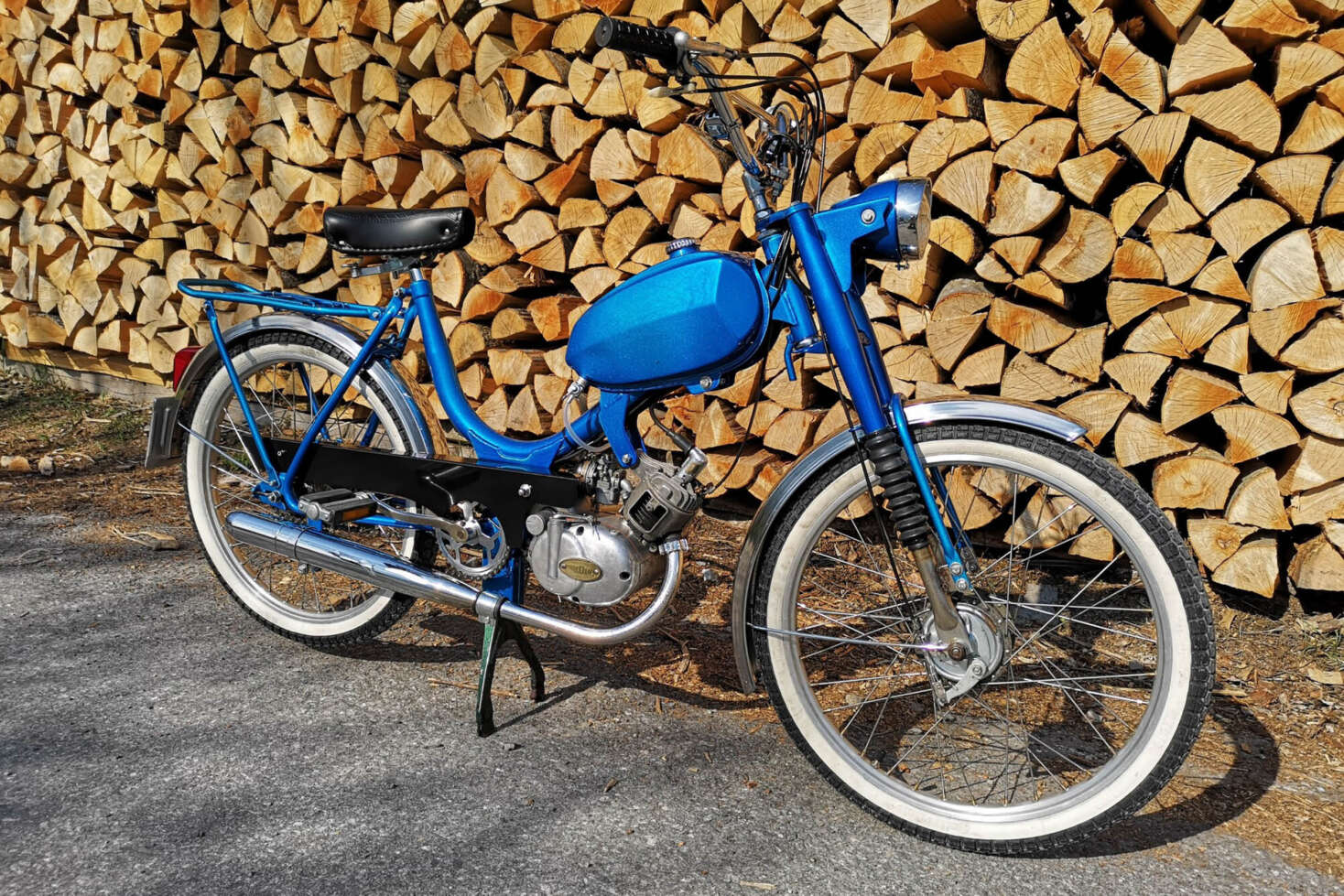
Leading bicycle manufacturer in Switzerland and involved in racing
Alongside moped production, Cilo naturally continued to manufacture high-quality bicycles. For many years, the brand was an established name in international cycle racing. Numerous successful Swiss riders, such as Tony Rominger, Beat Breu and Daniel Gisiger, raced from success to success on the manufacturer's bikes. At the height of the company's history in the 1990s, it was the most important Swiss bicycle brand, selling up to 40,000 models. In 1992, the company even founded its own racing team. Together with the video game manufacturer Atari and Ciclolinea, an Italian manufacturer of bicycle components, the racing team celebrated numerous successes.
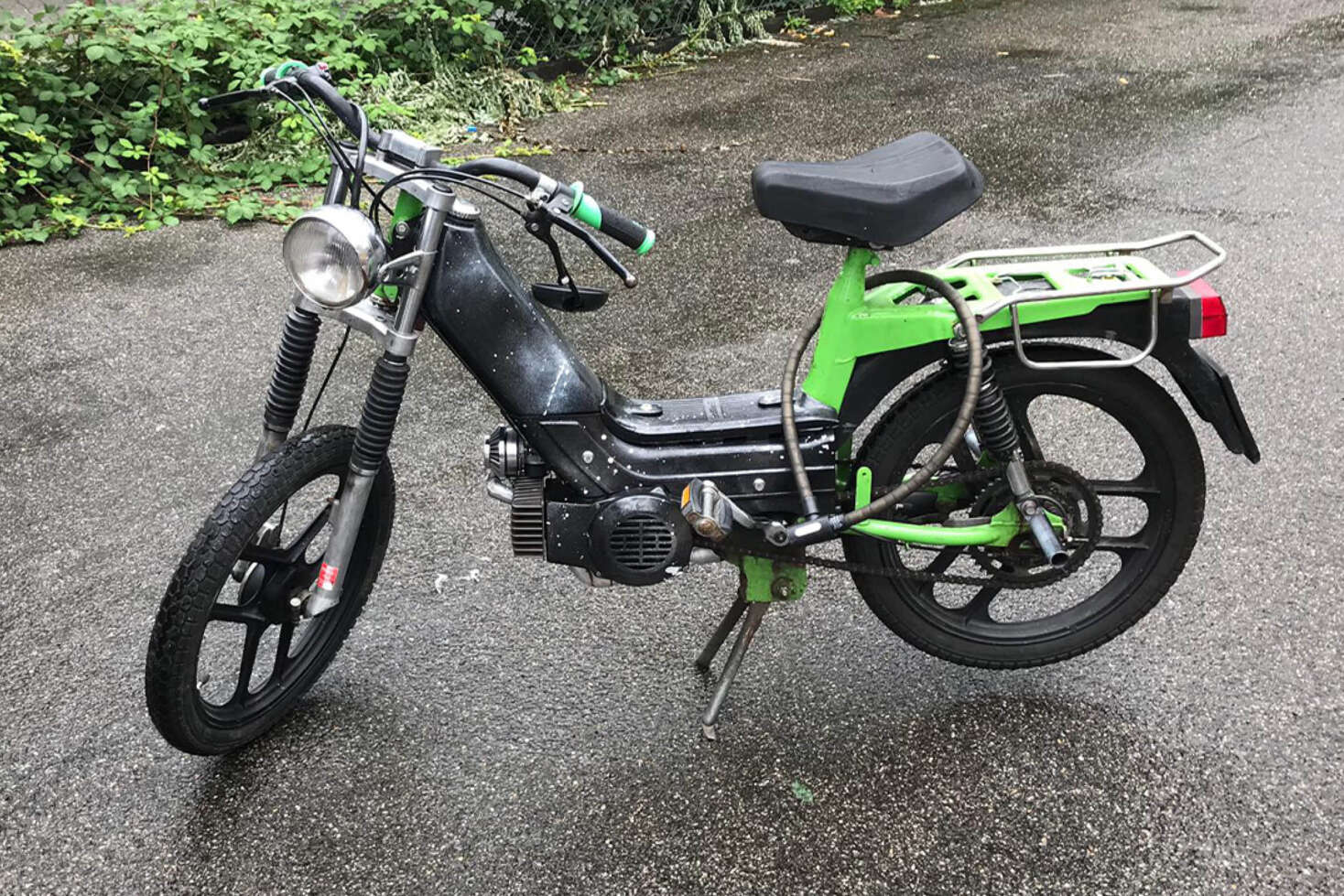
Financial difficulties and bankruptcies
Even though Cilo continued to produce bicycles and mopeds well into the 2000s, the brand, like many other two-wheeler manufacturers, ran into financial difficulties. This was due to steadily declining sales figures, including for motorised mopeds. The company was forced into insolvency for the first time in 2002, followed by a second in 2009, which led to complete liquidation. The brand rights were purchased by COLAG in 2015.
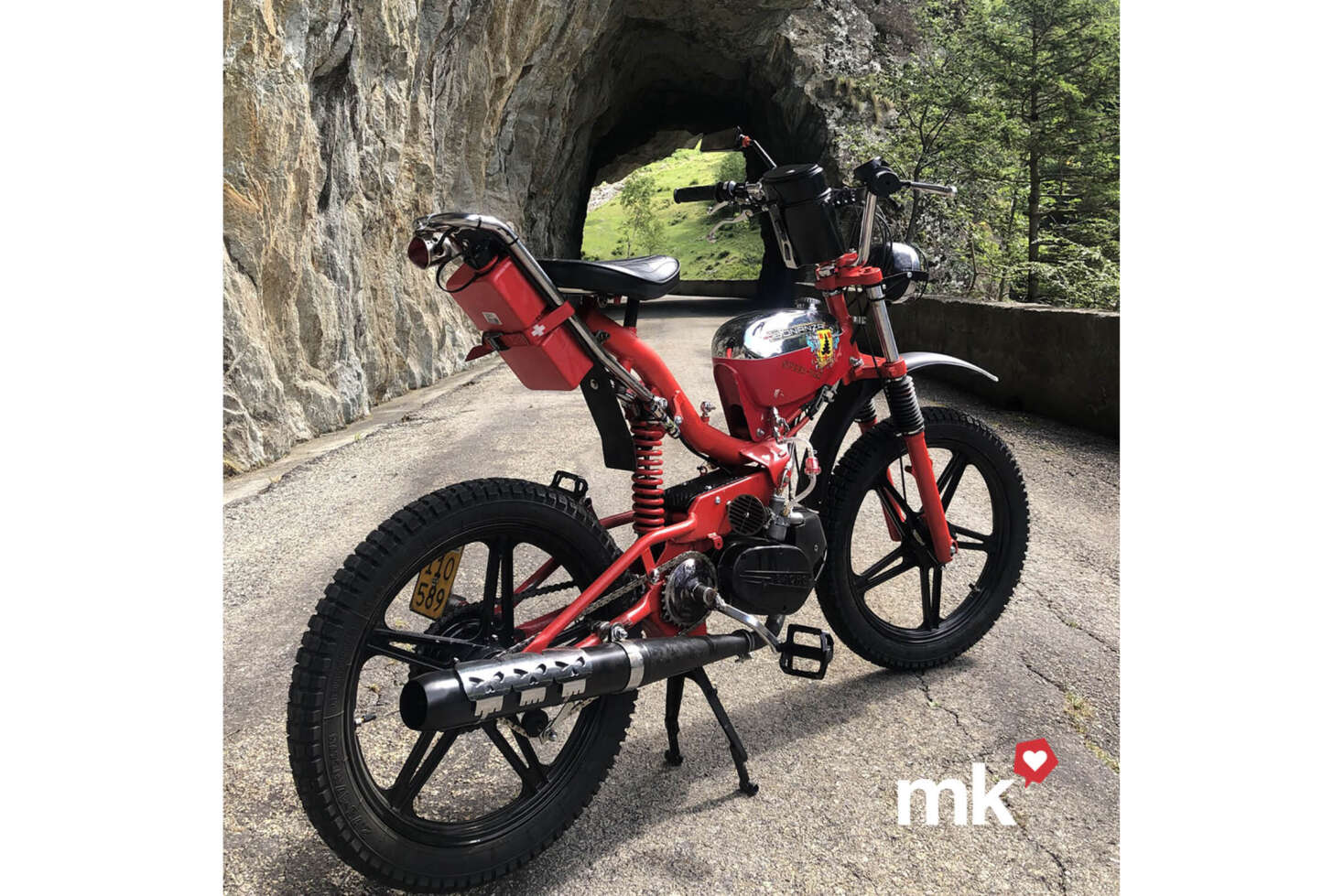
Quality, above-average performance and irresistible design
In addition to the bikes and the numerous racing triumphs, the manufacturer's legendary motorbikes have also remained. However, these gems are not only highly sought-after, but unfortunately also very rare. The Cilo 502T, for example, is a moped that is now almost never seen on Swiss roads in its original condition. In addition to this moped model, however, the Cilo 521 moped is certainly a motorbike that is still unforgotten today.
The 502T model: an icon of filigree design
Even at its market launch, the 502T moped impressed with its extremely elegant, almost filigree design, which was ensured by the frame manufactured entirely in Switzerland, the attractive spoked rims, numerous chrome applications and the striking shape of the tank. In contrast to many a moped from other manufacturers, the moped produced back in the 1960s looked almost gazelle-like and was almost as fast as one of these animals. This was thanks to the engine from the Italian manufacturer Beta in Florence, which incidentally had a lot in common with the legendary 502 engine from Sachs. The moped engine had a displacement of 47.6 cm³ and produced an output of 0.8 hp. However, when measured on the test bench, many series engines achieved a significantly higher output than that specified by the manufacturer. It was not uncommon for the output to be around 1.1 hp. As a result, a 502T was often significantly faster than the 26 km/h specified by the manufacturer, even without tuning. This is another reason why this Cilo model is still very popular with mechanics today, as it offers a perfect basis for customised tuning. The low unladen weight of just 42 kg with a permissible payload of 98 kg also contributes to this. Unfortunately, original spare parts for this moped model with 2-speed manual gearbox are hardly available today, which can lead to a restoration taking a long time.
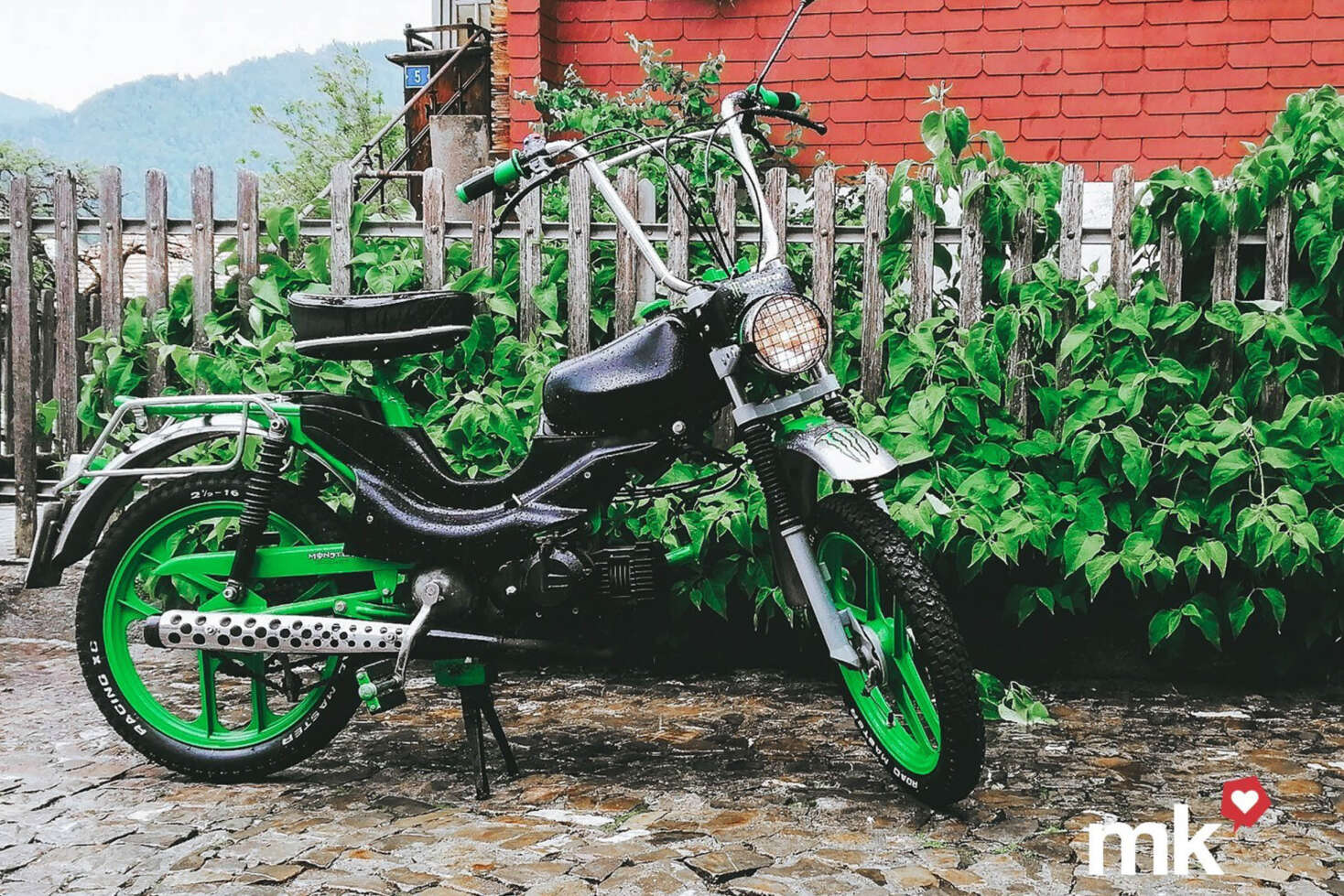
The Cilo-512 moped - robust and suitable for everyday use
The Cilo 512 moped is not quite as rare as the 502T. The fact that this moped is still on our roads in fairly large numbers today may be partly due to the fact that it was produced by Cilo until well into the 2000s. Visually similar to the Pony-Cross 521 still produced today, the moped was equipped with a 0.88 kW (1 hp) 49 cm3 Beta engine, a 2-speed automatic gearbox and a Dell'Orto carburettor. The moped reached a top speed of around 29 km/h at the factory. This meant that the moped reached the legal speed limit of 30 km/h without any tuning. The moped was generally fitted with die-cast rims from Grimeca ex works. Like the 502T model, it was a classic single-seater. With a permissible total weight of 180 kg, the Cilo moped weighed 55 kg ex works. Incidentally, spare parts for this moped are much easier to find due to the newer year of manufacture and the higher number of units produced.
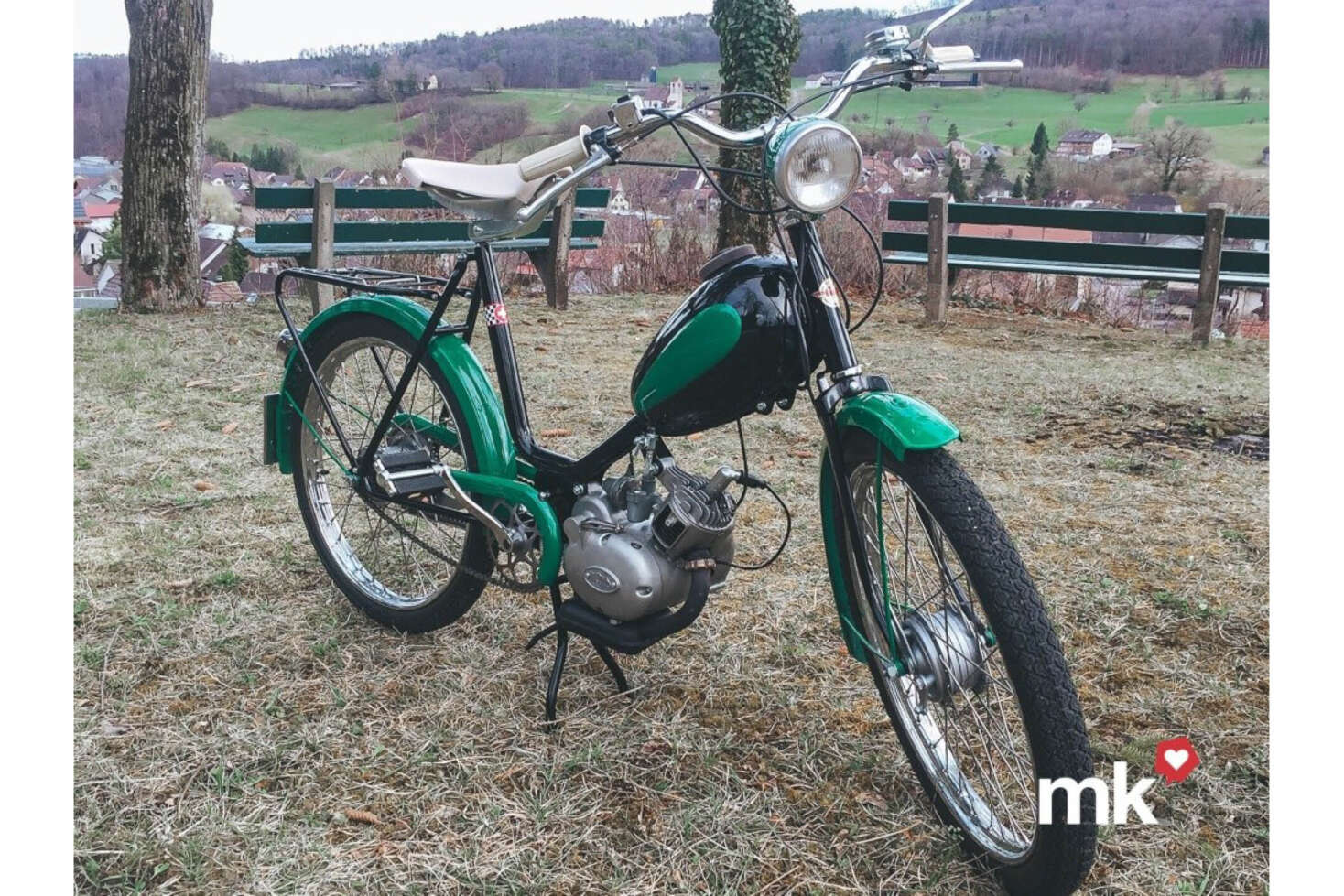
Discover more manufacturers





